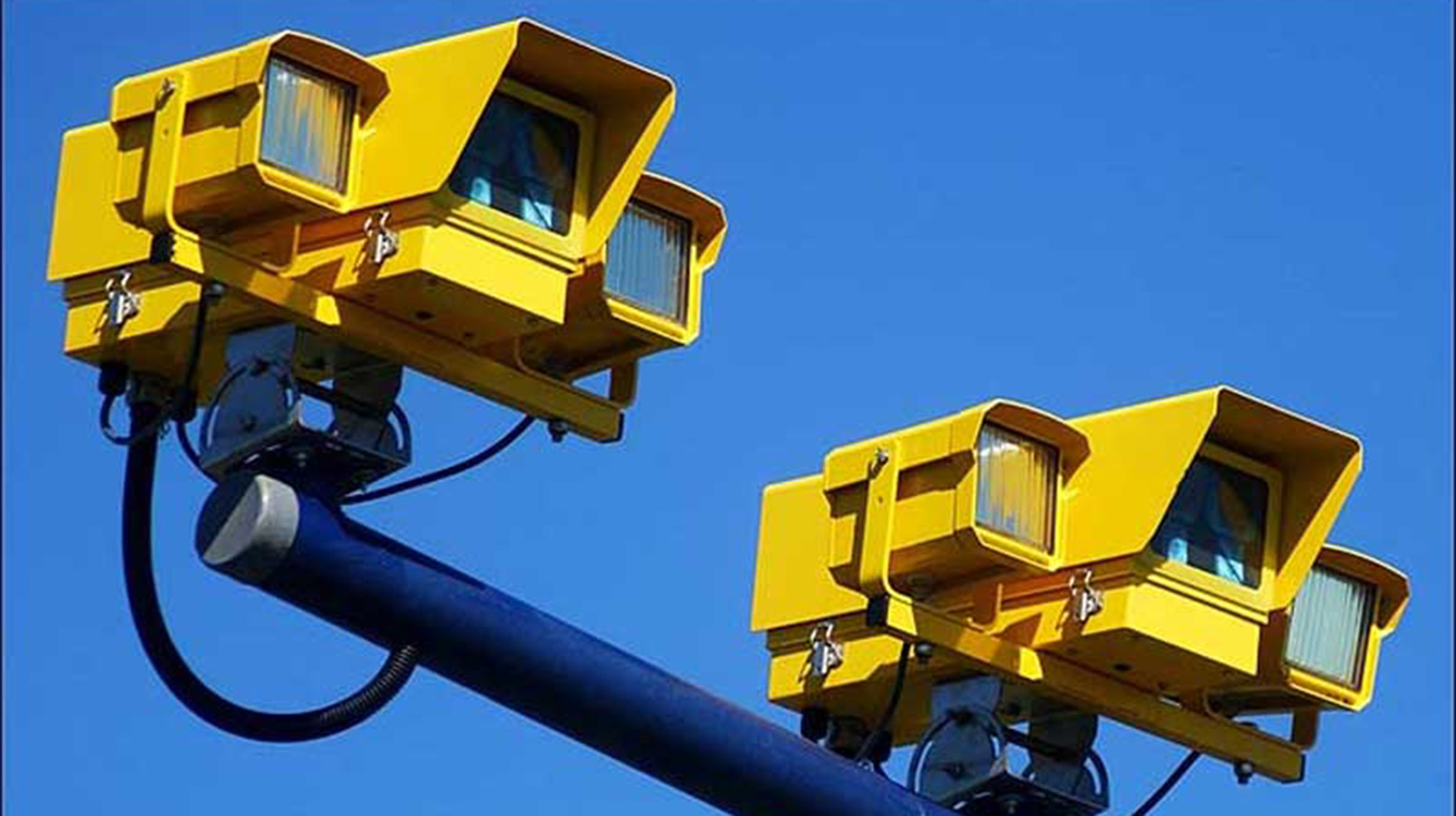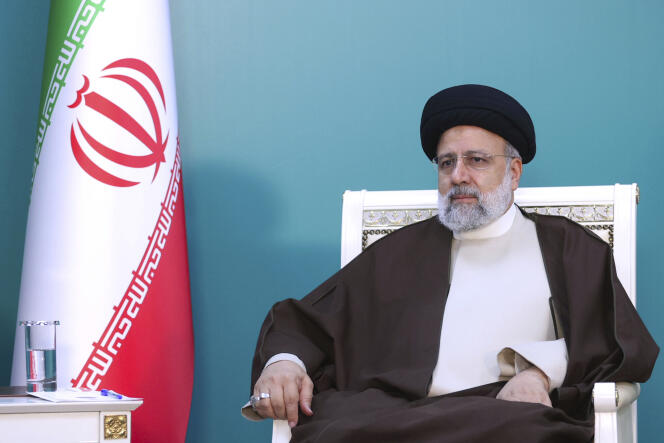- FG to Introduce Speed Cameras on Nigeria’s Roads
The federal government has disclosed it will introduce speed cameras on Nigeria’s roads to help the Federal Road Safety Commission (FRSC) curtail excessive speeding by motorists and improve safe use of the roads.
The Minister of Power, Works and Housing, Mr. Babatunde Fashola, said this yesterday after he inspected ongoing repair works on the different sections of the Abuja-Kaduna Expressway ahead of the planned closure of the Nnamdi Azikiwe International Airport, Abuja and diversion of air traffic to the Kaduna Airport.
Fashola also explained that repair works on the road has recorded some impressive progress with 130 out of its 160 kilometres already covered.
Fashola said in a statement from his senior special adviser on communications, Mr. Hakeem Bello in Abuja, that he saw an accident that occurred a day before his visit, and that most accidents on Nigerian roads were not necessarily from failed road networks but from irresponsible use of the roads by drivers who he alleged were less qualified to drive on the roads.
He noted that his ministry would support the FRSC to improve safe use of Nigerian roads, and advocated for the retraining for drivers.
The FRSC, he stated, has continued to address the problem in terms of education, enlightenment and the introduction of speed limiting devices but that his ministry would further their efforts in the short to medium terms by introducing some speed cameras to deter people from excessive speeding.
“I think that it is fair to say that not many people who manage vehicles on our roads are actually trained to manage vehicles on the roads; many people are auxiliary drivers for want of something better to do. There are rules in the operation and utilisation of automobiles,” said Fashola.
The minister also said that it was the job of the government to ensure safe use of roads and that it was not going to give it up.
On the outcome of his inspection, Fashola said the work on the road was an emergency repair and not a reconstruction which he said would come later after an ongoing procurement exercise on it is concluded.
According to him, the repair works would essentially remove the potholes and reduce the risk of accidents.
“The work that is being done here, you must understand this is a road of more than 160 kilometres. We are at kilometre 130 from Abuja. So, the work that is being done as I said is an emergency intervention essentially to remove the dangerous potholes and eliminate potential hazards that could cause accidents for motorists on this road.
“So, the road needs to be rebuilt because it has been subjected to a lot of axle load. But what we are doing right now is emergency repairs to remove the potholes to make the road safe for commuters ahead of the planned reconstruction and repair of the Abuja Airport runway which will lead to a diversion of air traffic and passengers from Abuja to Kaduna which will start on the 8th of March,” he said.
He added that the role of his ministry was to make the road motorable and safe for commuters, and that it would be delivered on time for use.
“You can see that some sections have been resurfaced completely but that is not the main reconstruction of the road; let us be clear about what is happening here.
“The whole purpose of this contract is to cover the potholes on the 160 kilometres road two lanes on one side and two lanes on the other side; so that is really to cover 620 kilometres of potholes; that is a contract for N1 billion.
“So, let’s be clear about that. This is emergency short term. When the Bureau for Public Procurement (BPP) gives the no objection contract, we will start when the airport runway would have been completed,” he stated.


 Naira4 weeks ago
Naira4 weeks ago
 Naira3 weeks ago
Naira3 weeks ago


 Naira3 weeks ago
Naira3 weeks ago
 Naira3 weeks ago
Naira3 weeks ago




 Naira2 weeks ago
Naira2 weeks ago




 Naira3 weeks ago
Naira3 weeks ago
 Jobs4 weeks ago
Jobs4 weeks ago


 Banking Sector4 weeks ago
Banking Sector4 weeks ago
















